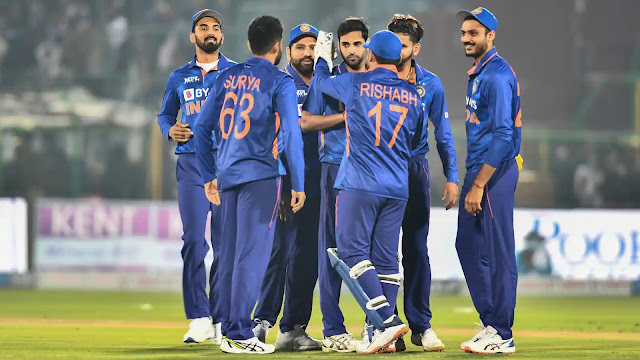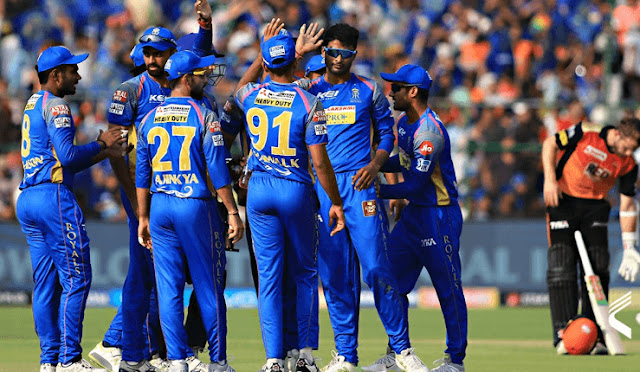What is Sports Fixing and Match Fixing?
People have been betting on sports in one way or another for centuries. While the fundamentals of sports gambling have remained largely the same, how we place our bets has changed significantly.
The rise of Play Casino Online over the last couple of decades has been incredible, and it’s easier than ever to bet money on sports. Traditional sportsbooks and bookmakers still take a lot of action, but most people prefer using the many sports betting sites online these days.
If you’re new to betting online, we can help you get started. This includes showing you the best sites for betting on sports online.

What is Sports Fixing?
In cricket or other famous sports, the name of match-fixing or the allegations of match-fixing against the players is not a new thing. But the name of spot-fixing has been heard only a few years back. It is said that by spot-fixing, no team or player affects the decision of the match, but still they earn money from the bookie. The latest examples are those of Sreesanth, Ankit Chavan and Ajit Chandila in the IPL, and the layers are yet to be uncovered in this matter.
Also read- Is Cricket betting legal in India?
It is said that with the changing times, the fixing has also changed. Since the people associated with this only mean to earn money, it is not necessary that it affects the result of the match, but something is done so that the snake also dies and the stick does not break. This is where spot fixing begins.
Suppose a team is Online Cricket id well while playing first, and has scored 194 runs in 19 overs. Now it is obvious that everyone will expect that this team will comfortably cross the 200-run mark in 20 overs. Bookies make bets here whether the playing team will score 200 runs or not. So it is obvious that most people will bet that the team will score 200 runs. Now if spot-fixing has been done here, a message is sent to the cricketers playing in the field that they do not have to score 6 or more runs in the last over and as a result the batting team does not cross the 199 run mark. Thus a good score was also scored and this did not affect the result of the match immediately.
Apart from this, in spot-fixing, a player does certain things at a particular time in the match as per the bookie's instructions. For example, a bowler deliberately bowls a no ball or a wide in one of his overs, or a batsman does not score any runs in one of the overs or the captain takes some decisions on the field which have already been 'fixed'.
The relationship between IPL and spot-fixing first came to the fore in 2012 when a sting operation of a TV channel involved 5 players- T.P. Sudheendra, Mohnish Mishra, Amit Yadav, Shalabh Srivastava and Abhinav Bali had confessed to taking money in exchange for spot-fixing. After this BCCI banned all of them from all forms of cricket.
The biggest case of spot-fixing came to light in 2010 when three members of the Pakistan team that toured England - captain Salman Butt, fast bowler Mohammad Amir and Mohammad Asif were accused of being involved in spot-fixing. In a sting operation conducted by a newspaper, all three were found involved in spot-fixing and then had to face jail time.
All news about Cricket.
What is Match Fixing?

Match-fixing is quite different from this, where players directly influence the decision of the match or a player deliberately performs below his potential to benefit the opposing team. When there is a fierce competition in the match, then even an important player can reverse the decision. Many a times, many players are involved in the quagmire of fixing, which affect the outcome of the match by showing 'synergy'.
Former Pakistani captain Salim Malik and fast bowler Ata-ur-Rehman have been banned for life for match-fixing, and Wasim Akram was also given a financial fine as well as the captaincy. Former India captain and Mohammad Azharuddin, Ajay Jadeja and Ajay Sharma have also faced sanctions for fixing.
But the biggest setback to the world due to fixing was in 2000 when Hansie Cronje, the then South African captain, admitted to having a relationship with the bookie. Cronje was considered one of the most honest players in the world, and died in an airplane crash shortly after being banned by the South African board.
Overall, it would not be wrong to say that betting is like an onion. The more layers you remove, the more layers will come out and along with the tears will come.
Who Does The Fixing?
Cricket Betting ID is illegal in India (except maybe horse racing) but it is legal in many countries. Betting players do match-fixing or spot-fixing with the connivance of players to earn more profit. Mohammad Asif and Amir did the spot-fixing with the help of captain Salman Butt. He had bowled some fixed balls 'no ball' deliberately. 'No balls' are thrown very rarely, in such a situation if the bookies open a bet on whether the third ball of a bowler's second over will be a no ball or not. If there is a no ball there is a price of fifty rupees for one rupee and if there is no rupee one rupee has a price of two rupees, then even more money will be spent only if there is no no ball. Even if 100 -200 crores are spent for no no balls and 1-2 lakhs for no balls, even then the bookies will make huge profits on 'no balls'. Out of this, the player involved in fixing is sure to get some amount. Fixing in any game is done by the online cricket bookie for more profit.
Indian cricketer Sreesanth has been accused of different types of fixing. He used to signal the bookies by putting a towel around his waist that he was going to fix his next over so that the bookies could bet more and more. The speculation was on whether Sreesanth would give less than 14 runs in the over or more. More money was spent on less than 14 runs and Sreesanth allowed more than 14 runs. The bookies made huge profits.
Indian cricketer Sreesanth has been accused of different types of fixing. He used to signal the bookies by putting a towel around his waist that he was going to fix his next over so that the bookies could bet more and more. The speculation was on whether Sreesanth would give less than 14 runs in the over or more. More money was spent on less than 14 runs and Sreesanth allowed more than 14 runs. The bookies made huge profits.
